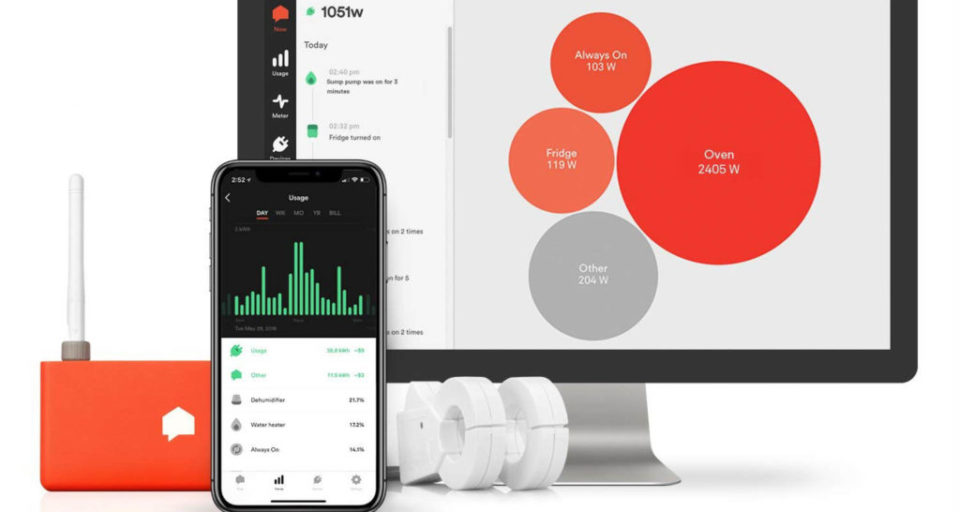Most people try to do their part to cut down on carbon and help save the planet. From recycling to buying more local produce, we are all learning to adopt more sustainable practices and live healthier, more eco-friendly lives. But what if we are forgetting about the most important piece of the puzzle?
Our homes are among the biggest sources of carbon use. A recent global analysis found that the average home used more than 1.1 tons of carbon per year. That’s more than transport, food, or many other sources of carbon consumption. However, it does not have to be this way. Smart homes are driving a digital revolution in dwellings and can help us maintain a more sustainable household.
energy management
Old-school energy management is a headache. Homeowners have to take constant note of their energy meter and run a few tricky calculations to figure out how much energy they are using. Homeowners on old energy meters have no chance of figuring out how much energy their washer or air conditioning units are using, either.
Smart meters and energy management devices remove the guesswork and make it easier to reduce energy use. That’s because smart meters provide two-way communication between homeowners and their houses. Smart devices like Amazon’s Alexa can also use the data from smart meters to help homeowners reduce their energy bills. Alexa uses “hunches” based on behavioral patterns to automatically turn off lights and televisions when the appliances are not being used.
Smart meters can also help homeowners identify sources of energy loss and inefficiencies. For example, a homeowner who uses a digital dashboard is more likely to spot a sudden change in energy usage and find things like leaks or faulty appliances. This helps homeowners make better home improvements for energy efficiency and cut down on energy use.
Energy management with the Sense whole-home energy monitor and app. Image: Sense.
Smart Construction
Smart homes are being built across the nation at a staggering rate. According to a report from Mordor Intelligence, the smart home industry is currently worth $79 billion and is expected to grow to $313 billion by 2027. Much of this growth will be generated by new builds, which incorporate smart home technology from the beginning of the construction process.
 Smarter construction means lower operating costs. Image: Digitized House.
Smarter construction means lower operating costs. Image: Digitized House.
New-build smart homes are more than gadget-filled houses. They are constructed with green building blocks in min and are designed to help homeowners lead more energy-efficient, sustainable lives. While some of these green building blocks are common sense, other areas of smart construction use innovative materials to reduce energy consumption. For example, homeowners who wish to keep their driveways lit during the night can use light-emitting cement to cut down on energy use while reducing the risk of burglary or car theft.
Smart home construction also saves homeowners time. A recent survey found that the majority of Americans feel that smart devices save them around 30 minutes a day. This might sound trivial at first, but many folks are forced to make unsustainable choices because they are too busy. But, fully integrated smart homes can change this paradigm. Smart devices can save owners 182.5 hours per year, meaning more people can think about cycling to work instead of driving, or consider starting to grow their own produce at home.
Conclusion
Smart homes make life easier and more energy-efficient. Smart meters and devices can be used to spot leaks and inefficient appliances, and apps like Amazon Alexa and Google Assistant can use data and behavioral patterns to turn off lights and TVs when everyone is out or asleep. Smart construction choices can also bring down the carbon cost of home ownership, as high-performance windows and solar energy can substantially reduce the need for unrenewable energy at home.
